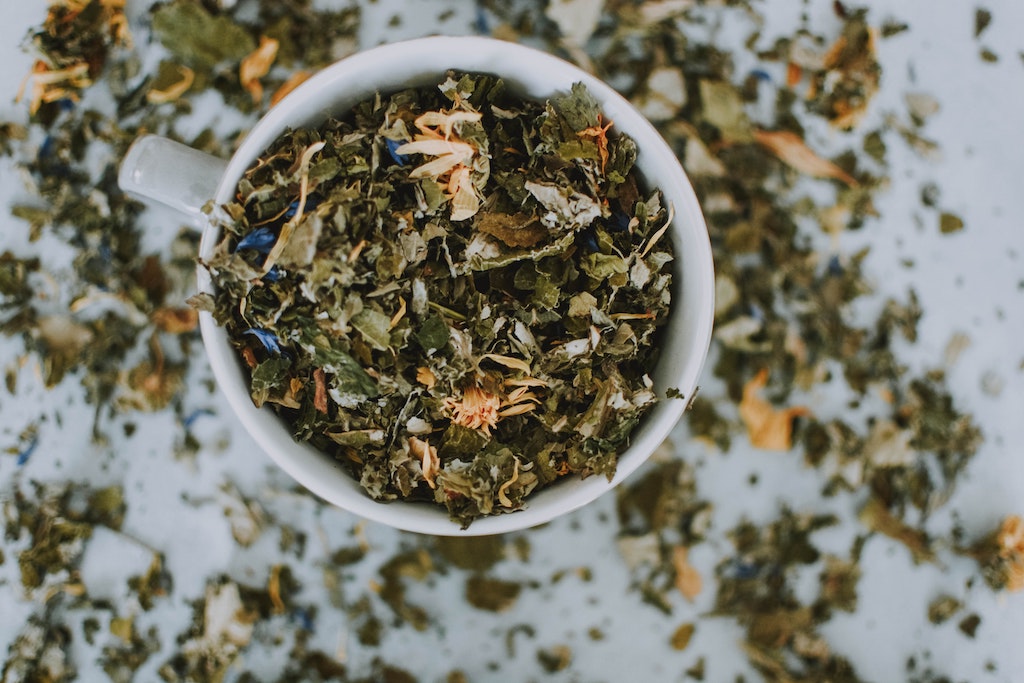Tea is one of the most popular beverages in the world, enjoyed by millions of people for its soothing aroma and comforting warmth. But did you know that tea also offers a wide range of health benefits? In this blog post, we will explore various types of tea and their unique properties. So, grab a cup of your favourite tea and join us as we delve into the fascinating world of tea and its health benefits.
Green Tea: A Powerhouse of Antioxidants
Green tea is made from the leaves of the Camellia sinensis plant, which are quickly steamed or pan-fired to prevent oxidation. This process preserves the high levels of antioxidants called catechins, particularly epigallocatechin gallate (EGCG). These antioxidants can help reduce inflammation, protect cells from damage, and lower the risk of chronic diseases such as heart disease and cancer.
Green tea consumption is associated with a reduced risk of developing heart disease, while helping lower blood pressure and improve blood vessel function. Green tea has also been linked to weight loss, as it can boost metabolism and increase fat oxidation.
Black Tea: Heart Health and More
Black tea, which is fully oxidized, contains a different set of antioxidants called theaflavins and thearubigins. These antioxidants have been shown to improve heart health by reducing cholesterol levels, blood pressure, and inflammation.
In addition to its heart health benefits, black tea has also been linked to improved gut health. The polyphenols in black tea can promote the growth of beneficial gut bacteria, which can help improve digestion and support a healthy immune system.
Oolong Tea: A Balance Between Green and Black
Oolong tea is partially oxidized, placing it somewhere between green and black tea in terms of its antioxidant profile. It contains a mix of catechins and theaflavins, providing a unique set of health benefits. Oolong tea has been shown to help with weight management, as it can increase metabolism and fat oxidation. Additionally, it may help improve brain function and reduce the risk of heart disease.
Herbal Teas: A World of Health Benefits
Herbal teas are made from a variety of plants, fruits, and spices, and their health benefits can vary widely depending on the ingredients used. Some popular caffeine-free herbal teas and their associated health benefits include:
- Chamomile tea:
Derived from the dried flowers of the chamomile plant, this herbal tea has a gentle, floral flavour and is widely recognised for its calming properties. It has been used for centuries as a natural remedy to promote relaxation, reduce stress, and improve sleep quality. - Peppermint tea:
Made from the leaves of the peppermint plant, this herbal tea has a refreshing, minty flavour that is both invigorating and soothing. It is known for its ability to alleviate digestive discomfort, reduce bloating, and ease symptoms of irritable bowel syndrome (IBS). - Ginger tea:
Prepared from the root of the ginger plant, this spicy and warming herbal tea offers numerous health benefits. It is known for its anti-inflammatory and antioxidant properties, which can help soothe an upset stomach, reduce nausea, and support overall digestion. - Rooibos tea:
Originating from the leaves of the Aspalathus linearis plant native to South Africa, rooibos tea is a herbal tea with a naturally sweet and earthy flavour. It is rich in antioxidants, which can help protect against heart disease, support a healthy immune system, and reduce inflammation.
The health benefits of drinking tea are vast and varied, with each type of tea offering its unique set of advantages. From green tea’s powerful antioxidants to the soothing properties of herbal teas, there’s a tea for every health concern. So, the next time you enjoy a cup of tea, remember that you’re not only indulging in a delicious beverage but also supporting your overall health and well-being. Cheers to a healthier you!




